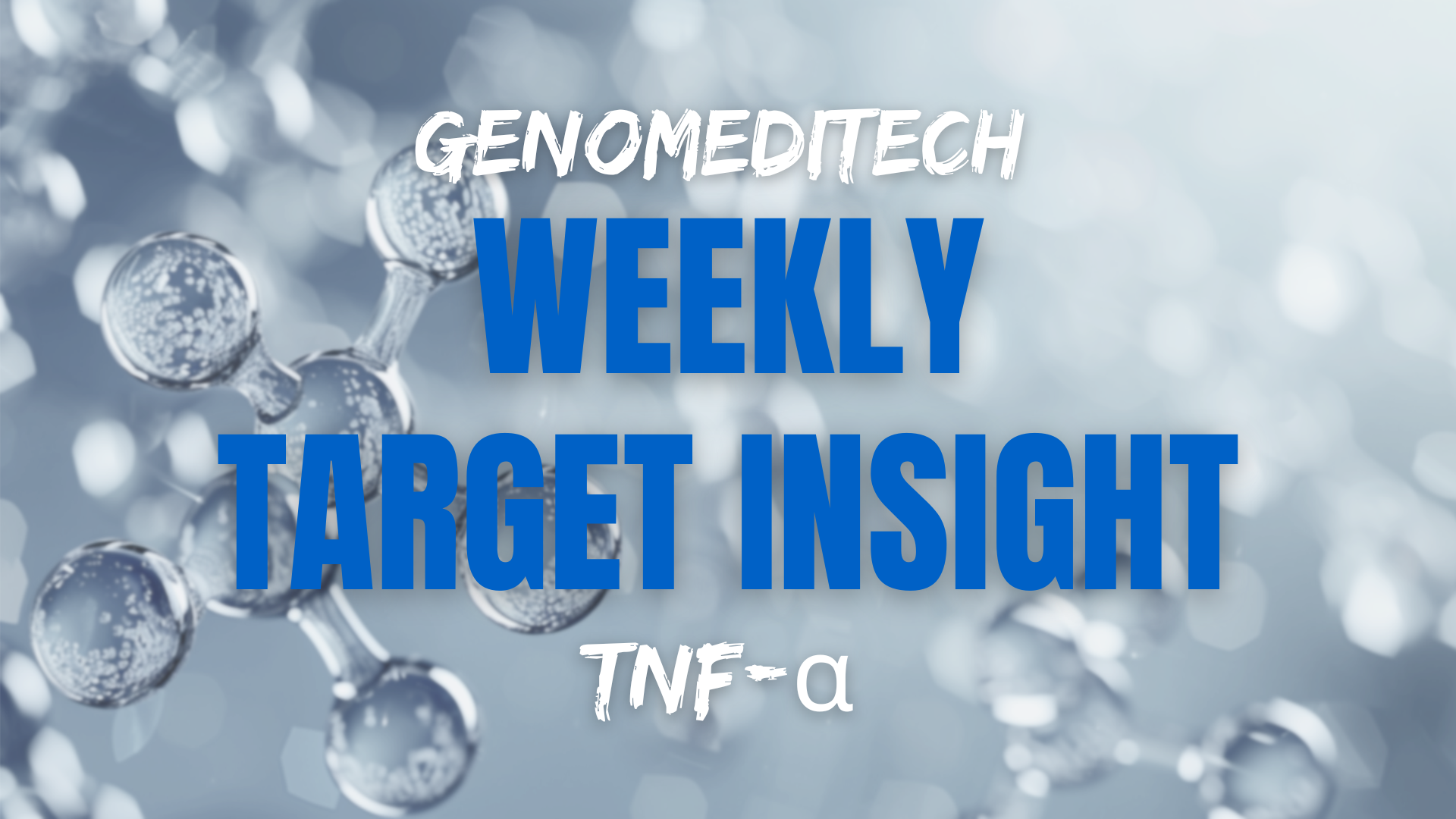On June 23, 2025, Eli Lilly presented Phase 2b clinical data on Bimagrumab for weight loss at the ADA conference.
After 72 weeks of treatment, the Bimagrumab group experienced a 10.8% reduction in body weight, with 100% of the loss coming from fat, while muscle mass increased by 2.5%. In comparison, the semaglutide group saw a 15.7% weight loss, of which only 71.5% was from fat, and muscle mass decreased by 7.4%. The combination group (Bimagrumab + semaglutide) achieved an impressive 22.1% weight loss, with 92.9% from fat and only a 2.9% loss in muscle mass.
The results for Bimagrumab are nothing short of remarkable. Going forward, targeting ActRII in weight loss drug development holds great promise—offering the potential to reduce fat while simultaneously increasing muscle mass, fueling the next wave of small-molecule innovation in the growing "fat loss with muscle gain" trend.
The new phase of high-quality weight loss: healthy slimming
Currently, the weight-loss drug market is dominated by GLP-1-based therapies, which can achieve 20–25% body weight reduction within a year and continue to push the limits of achievable weight loss. However, studies have shown that GLP-1 drugs such as semaglutide may lead to 30–40% of the weight loss coming from muscle mass, potentially resulting in reduced metabolic rate and increased risk of weight regain.
As the development of anti-obesity drugs becomes increasingly competitive, the quality and sustainability of fat loss—not just overall efficacy—have emerged as new priorities. For patients with obesity, an ideal treatment—whether monotherapy or combined with GLP-1—should aim to significantly reduce fat mass while preserving or even increasing lean mass (muscle).
Against this backdrop, ActRII inhibition has gained broad attention as the only clinically proven mechanism that can improve overall body composition by both reducing fat and increasing muscle. This mechanism is expected to drive the next breakthrough in high-quality weight-loss therapies and may become a true game-changer in the field.
ActRII: A High-Potential Contender
Activin type II receptors (ActRII) are members of the transforming growth factor-β (TGF-β) receptor family. They serve as type II receptors for various TGF-β family ligands, including Activin A, Activin B, BMP7, BMP9, BMP10, GDF1, GDF8 (myostatin), GDF11, and Nodal.
ActRII is expressed in both adipose and muscle cells. In adipocytes, activins promote lipid storage through ActRII signaling—an important driver of obesity. Blocking this pathway can enhance fat metabolism. In muscle cells, ActRII-mediated signaling inhibits muscle growth and contributes to atrophy. Inhibiting activin signaling in skeletal muscle can prevent atrophy and promote muscle mass gain, thus helping individuals with obesity improve both body composition and metabolic function during weight loss.
Activation of ActRII signaling leads to muscle atrophy and fat accumulation. Therefore, targeting this pathway may simultaneously reduce fat mass and increase lean muscle, offering a dual benefit that directly addresses one of the key limitations of GLP-1 therapies.
ActRII Drug Development Landscape
The ActRII target has already demonstrated druggability in Luspatercept and Sotatercept. Given its complex biological mechanisms, researchers are continuing to expand its potential indications. Among these, the most promising direction is its application in simultaneous fat reduction and muscle gain, which has prompted a strategic shift in the development focus of several pipeline drugs.
Currently, Eli Lilly’s Bimagrumab and Laekna Therapeutics’ LAE102 are the leading ActRII-targeting antibodies that have advanced into clinical trials for obesity-related indications.

Bimagrumab Impresses at ADA: 100% of Weight Loss Attributed to Fat Reduction
Bimagrumab is an activin type II receptor (ActRII) antagonist that promotes muscle synthesis by blocking muscle growth-inhibiting signals such as activin A and GDF11. This mechanism helps counteract the muscle loss typically associated with GLP-1 therapies. In 2023, Eli Lilly acquired Versanis Bio for $2 billion to obtain Bimagrumab, targeting the emerging “fat loss with muscle gain” treatment segment.
On June 23, 2025, at the ADA Annual Meeting, Eli Lilly presented new clinical data from a combination therapy of Bimagrumab and Novo Nordisk’s Wegovy® (semaglutide)—a major breakthrough in obesity treatment. The Phase 2b BELIEVE trial demonstrated that, compared to Wegovy monotherapy, the combination significantly enhanced fat mass reduction while preserving most of the lean body mass.
The BELIEVE Phase 2b trial is a randomized, double-blind, placebo-controlled study designed to evaluate the efficacy of Bimagrumab, both as monotherapy and in combination with semaglutide, in overweight or obese adults.
A total of 507 participants were enrolled in the study. They received weekly subcutaneous injections of semaglutide, and/or intravenous infusions of Bimagrumab at Weeks 4, 16, 28, and 40.
The observed reductions in body weight were as follows:

The combination of Eli Lilly’s Bimagrumab and Wegovy® not only significantly enhances weight-loss efficacy, but also precisely targets fat while preserving muscle—addressing a key limitation of current GLP-1 therapies.
This advancement marks a shift in obesity treatment from simple weight reduction to body composition optimization, providing Eli Lilly with a key differentiating advantage in the highly competitive, hundred-billion-dollar weight loss market.
Laekna’s R&D Focus: A Broad-Based Strategy Targeting ActRII
The most closely watched domestically developed candidate for fat loss with muscle gain is LAE102, an ActRIIA-targeting antibody developed by Laekna Therapeutics. In preclinical models, LAE102 has demonstrated the ability to promote muscle regeneration and reduce fat mass, showing strong potential for high-quality weight control.
The program has also attracted the attention of Eli Lilly, which is supporting and accelerating clinical development of LAE102 for obesity treatment in the United States. Meanwhile, Laekna retains global rights to LAE102, positioning the asset strategically for future opportunities.
Laekna Therapeutics is currently the most extensively invested biopharmaceutical company in the ActRII target space. At the ADA conference, Laekna presented first-in-human clinical data for LAE102, a selective monoclonal antibody targeting ActRII, for the first time.
The results showed that a single intravenous or subcutaneous dose of LAE102 demonstrated a favorable safety profile in healthy subjects. At a concentration threshold of approximately 2–4 µg/mL, LAE102 exhibited nonlinear clearance saturation, consistent with its sustained pharmacodynamic (PD) effects, maintaining activin A levels at more than twice the baseline.
LAE102 has received IND approvals in both China and the United States for the treatment of obesity, and Phase I clinical trials are progressing rapidly in both countries.
Laekna has also established a comprehensive pipeline targeting the ActRII signaling pathway. In addition to LAE102, the company is advancing LAE103 and LAE123 into IND-enabling studies. Laekna is actively driving these candidates toward clinical development as potential novel therapies for muscle-related diseases and other indications.
Toward Better-Quality Weight Loss
Preserving—or even increasing—muscle mass during weight loss has become a critical strategy for achieving sustainable and healthy weight management, and is now a major focus in the field of drug development.
Thanks to its unique mechanism of promoting both muscle gain and fat loss, the ActRII target is increasingly attracting attention from both global markets and investors.
Genomeditech offers a full suite of ActRII-related products and services, including stable overexpression cell lines, reporter gene assay cell lines, antibodies, and proteins—designed to fully support drug discovery and development, and accelerate clinical application submissions.
Reference
Bishop, J., Fletcher, J., & Pearson, D. (2023). Lilly to acquire Versanis to improve patient outcomes in cardiometabolic diseases. Eli Lilly. https://investor.lilly.com/news-releases/news-release-details/lilly-acquire-versanis-improve-patient-outcomes-cardiometabolic
Manalac, T. (2024). Lilly partners with Chinese biotech to advance Muscle-Sparing Obesity treatment. BioSpace. https://www.biospace.com/business/lilly-partners-with-chinese-biotech-to-advance-muscle-sparing-obesity-treatment
Manalac, T. (2025). Lilly’s antibody protects patients from losing muscle while taking Novo’s Wegovy. BioSpace. https://www.biospace.com/drug-development/lilly-antibody-protects-patients-from-losing-muscle-while-taking-novos-wegovy
M.Kaplan, L. (2025). Can we improve the quality of weight loss by augmenting fat mass loss while preserving lean mass? The BELIEVE study of bimagrumab + semaglutide. American Diabetes Association. https://events.diabetes.org/p/s/can-we-improve-the-quality-of-weight-loss-by-augmenting-fat-mass-loss-while-preserving-lean-mass-the-believe-study-of-bimagrumab-plus-semaglutide-3389
Laekna. (2025). Laekna Will Showcase Multiple Internal Discovery Achievements on Targeting ActRII receptors at ADA 2025. https://www.laekna.com/new/466.html














